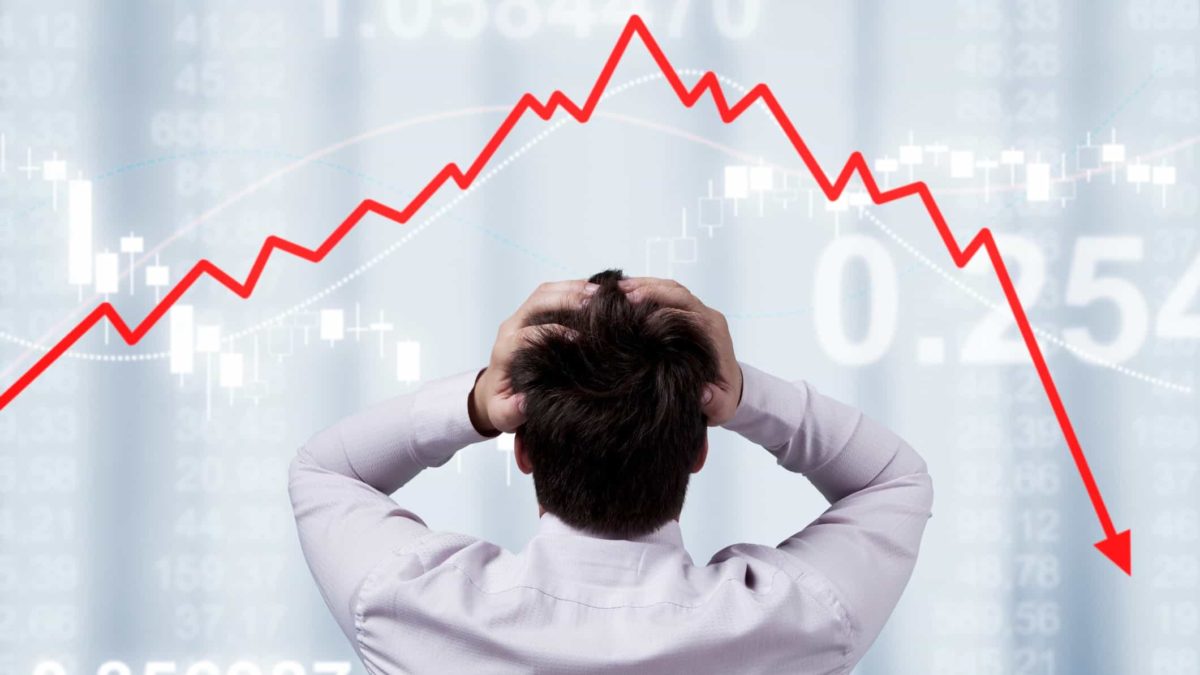The S&P/ASX 200 Index (ASX: XJO) fought hard late in the week but was unable to recover from a selloff on Tuesday. The benchmark index fell 0.5% over the period to 7,435 points.
While a good number of shares tumbled with the market, some fell more than most. Here's why these were the worst performers on the ASX 200 last week:
EML Payments Ltd (ASX: EML)
The EML Payments share price was the worst performer on the ASX 200 with a massive 40% decline. Investors were selling the payments company's shares following the release of a surprisingly bad trading update. EML has downgraded its earnings guidance following a tough third quarter which saw EML report a 22% decline in underlying net profit after tax and amortisation.
Life360 Inc (ASX: 360)
The Life360 share price wasn't too far behind with a decline of 24.5% over the four days. Investors were selling the location technology company's shares despite its quarterly update revealing a 129% increase in revenue to US$52.7 million and a 73% jump in annualised monthly revenue to US$166.1 million. The weakness appears to have been driven by weaker than expected cash flows and news that the company is scrapping its US dual listing plans. This appears to have sparked fears that a capital raising will be soon required.
Silver Lake Resources Limited (ASX: SLR)
The Silver Lake share price was out of form and sank 12.3% during the week. The catalyst for this decline was the release of the gold miner's quarterly update. Silver Lake reported production of 53,822 ounces of gold. And while this left it positioned to meet its FY 2022 production guidance, management warned that COVID-19 related labour shortages could disrupt its operations and thus withdrew its guidance.
ResMed Inc (ASX: RMD)
The ResMed share price was a poor performer and tumbled 9.9% last week. The majority of this decline came on Friday following the release of the sleep treatment company's quarterly update. ResMed posted a 12% increase in revenue to US$864.5 million and a 2% lift in earnings per share to US$1.32. Goldman Sachs points out that this missed consensus estimates by 5% and 9%, respectively.








